Tito Titus, I Can Still Smile Like Errol Flynn
I CAN STILL SMILE LIKE ERROL FLYNN, Tito Titus. Empty Bowl Press, Chimacum, Washington, 2015, 100 pages, $15 paper, www.emptybowl.org.
I had heard about Tito Titus, had maybe bumped elbows with him at Litfuse in Tieton some years past; sometime,  somewhere, someone had given me his book of poems. On Saturday at the launch of I Sing the Salmon Home, he said hello and introduced himself. Today, I rummaged through my bookshelves, found his book, and read it all the way through, even the end notes (which are sort of a poem, themselves).
somewhere, someone had given me his book of poems. On Saturday at the launch of I Sing the Salmon Home, he said hello and introduced himself. Today, I rummaged through my bookshelves, found his book, and read it all the way through, even the end notes (which are sort of a poem, themselves).
These words, from Titus’s website, capture the experience:
In I can still smile like Errol Flynn Tito Titus interrogates life, aging, and death with a delicate blow torch. These poems adore the beauty of youth and memory, fluently articulate the melancholy and nostalgia delivered by loss; and, with irreverence and awe, dicker with Death. It’s wry, wistful, fierce, searing, erotic, humorous, regretful, brave, and lonely.
“A delicate blowtorch.” Exactly. The poems are also, at least part of time, quite charming.
Someone’s darling daughter
approached me today
with a bag of weed
at a good price,
even for Hilo,
and I said yes
because the plumeria
tattoo peeking above
her low slung sarong
told me pleasure
lasts only a while.—Tito Titus
In these poems the body gets all the attention it craves. Nose hairs, penises, “the old bastard’s feet,” bellies. And so much music that you begin to picture the writer with a guitar in his hands.
As Joannie Stangeland remarks in her cover blurb, the book also “reaches further back to childhood, facing the past’s violence and the silence after, its bruises and scars.” In the last section, we’re introduced to a cast of characters just as they’re leaving life’s stage. You’d think it would be too heartbreaking to read, but Titus uses a conversational tone that drew me in.
Here’s a poem, so you can make up your own mind. I love the long title.
The evening of the day after things changed like they’d never changed before
He wanted to sit on the front porch
watching no one pass on the empty street,
but it was cold, wet, and windy,
so he sat in the darkened room
watching the telephone. It rang once
earlier in the day. A wrong number.
He thought to engage the caller
in conversation but let it pass. Perhaps
someone else would call. Or maybe not.
Or probably not. Or not at all.
The radio played songs he didn’t know
by performers he didn’t know.
The newspaper still lay by the front door.
He cleaned the refrigerator. It contained so little.
He forgot to turn on the furnace,
put his hands in his pockets and shivered.
At last he reached for the bookshelf.
Sometimes he felt a little bit Leonard Cohen,
but he felt like Bukowski tonight.—Tito Titus
The spareness, bawdiness, and understated (often macabre) humor that runs through this book reminded me a lot of the school of Charles Bukowski. If you, too, would like to know more about Tito Titus, visit his website, particularly the scrapbook page: https://www.poetfire.com/scrapbook.
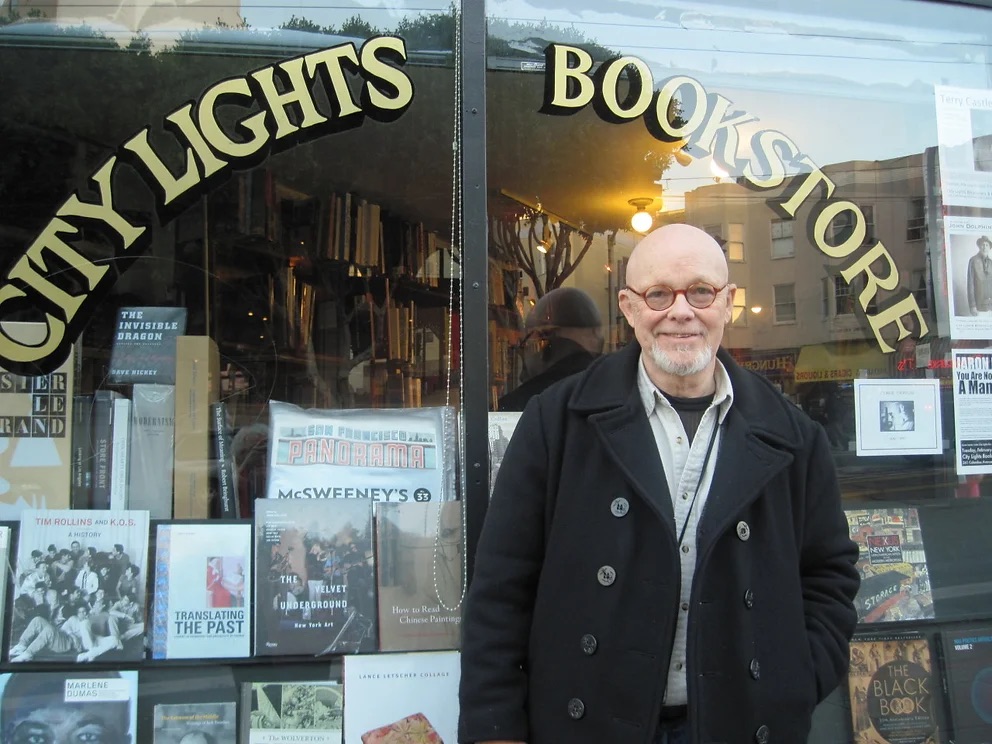

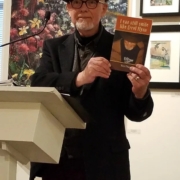
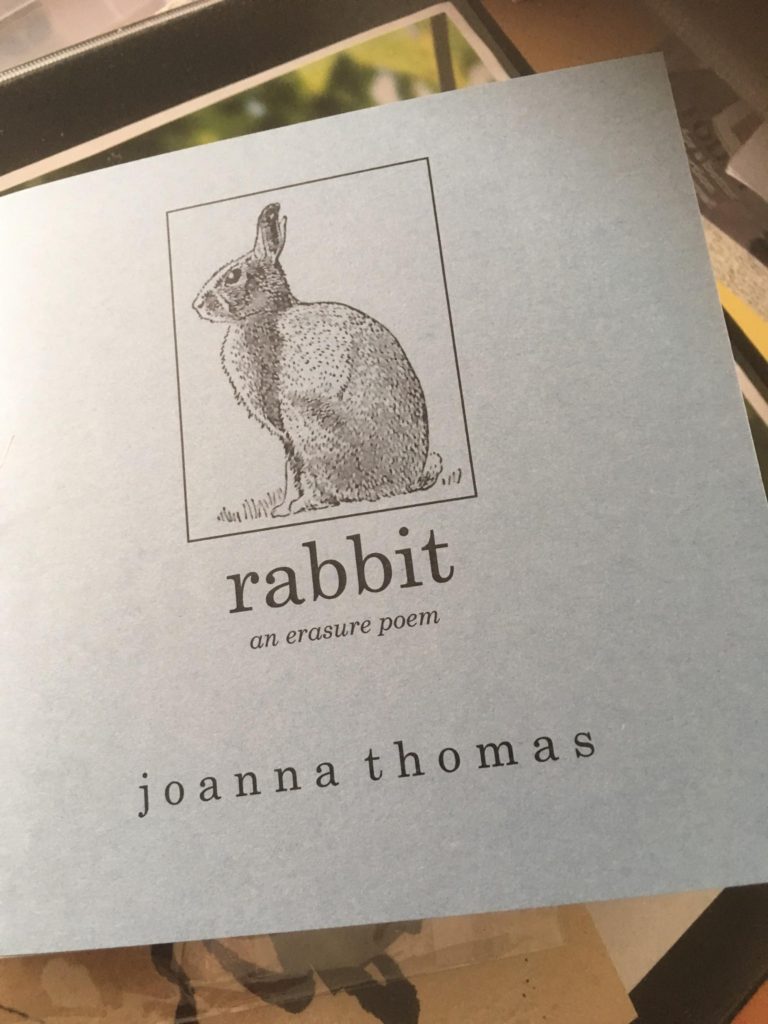
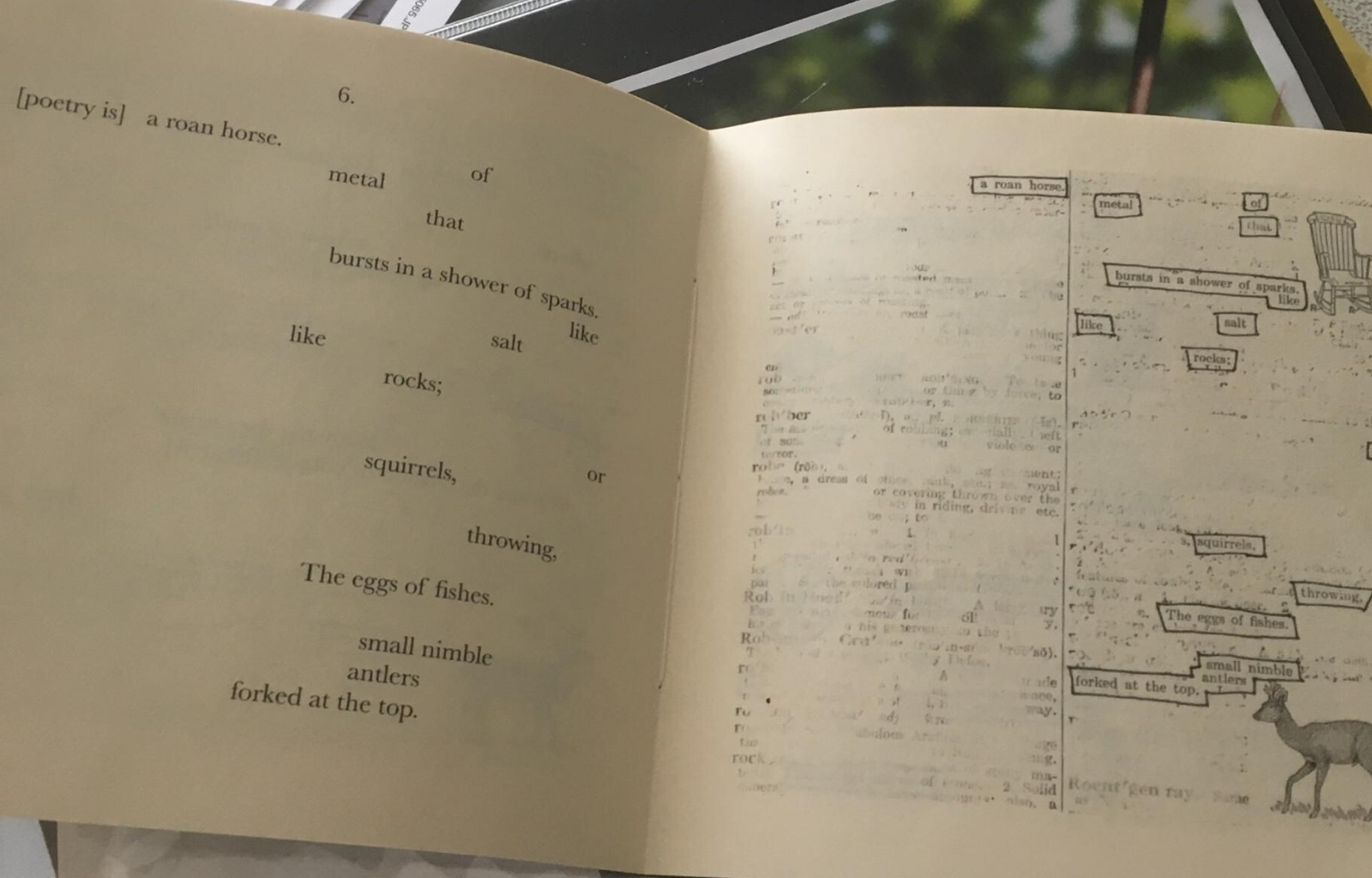 RABBIT: AN ERASURE POEM, Joanna Thomas. Dogtown Press, Ellensburg, WA, 2018, 22 pages, $5, paper.
RABBIT: AN ERASURE POEM, Joanna Thomas. Dogtown Press, Ellensburg, WA, 2018, 22 pages, $5, paper.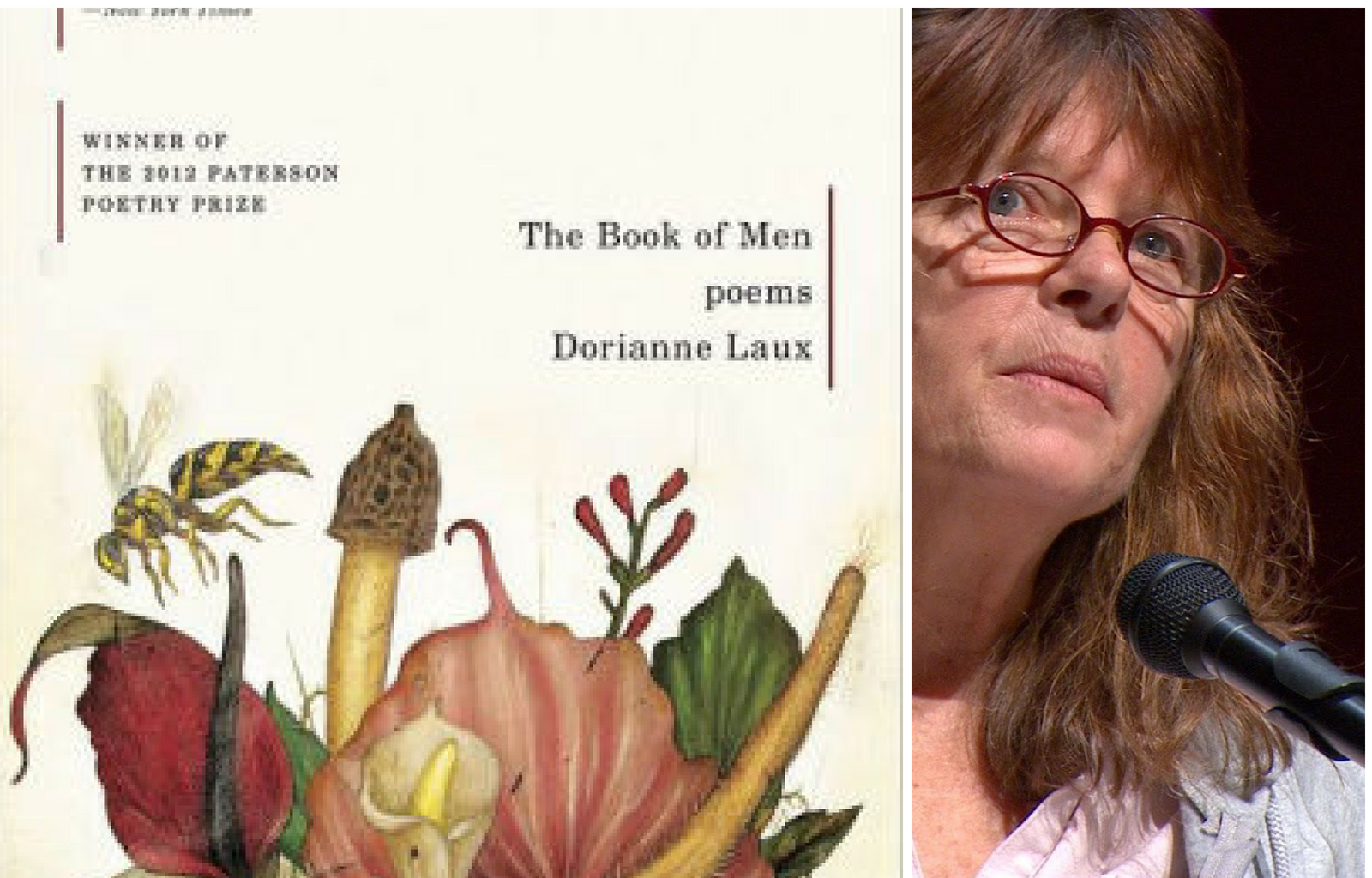
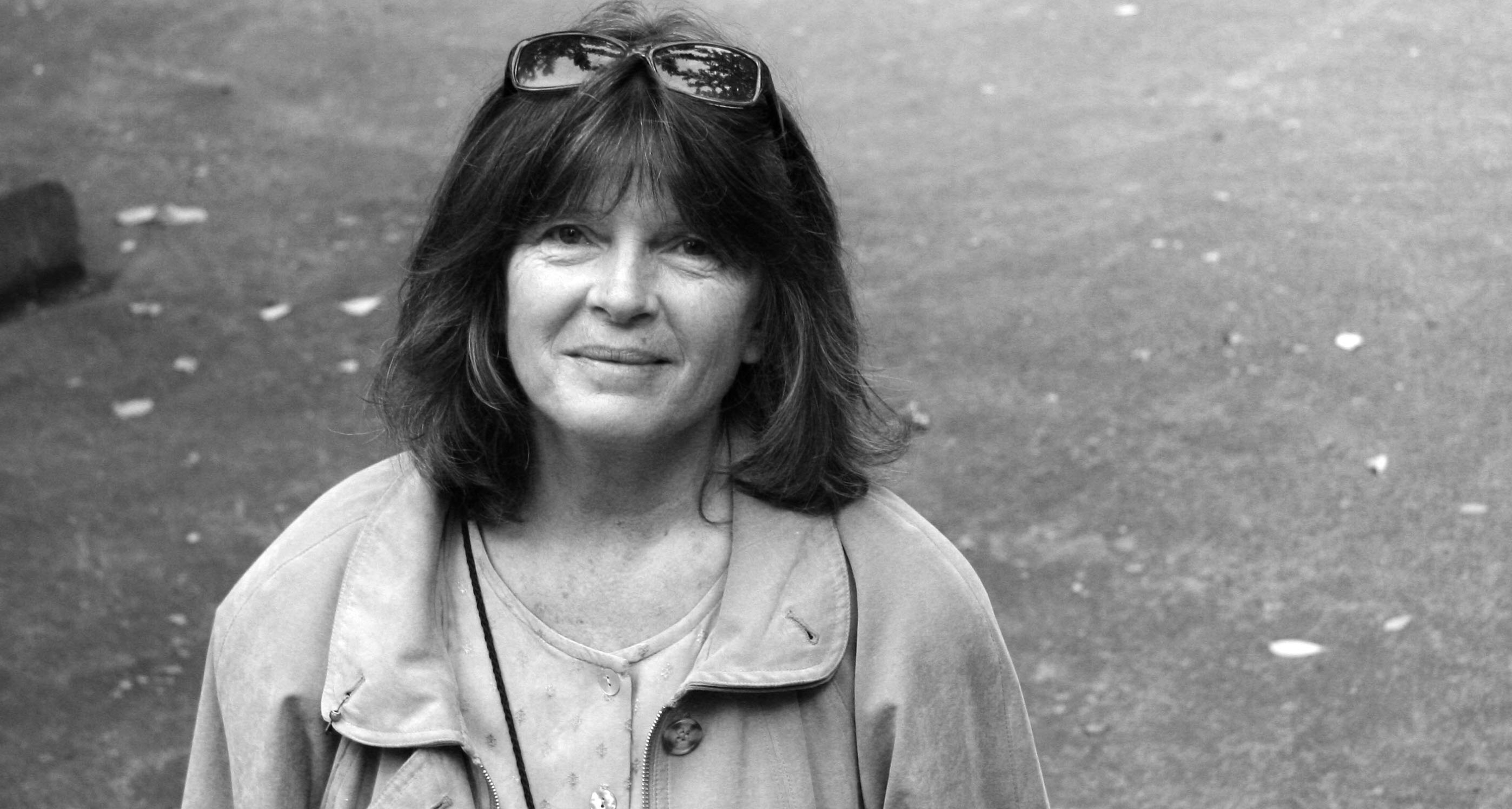 How can I possibly write about
How can I possibly write about 

 I remember once being told that you can’t write poems about the moon — it’s been done too often. But at Litfuse, when
I remember once being told that you can’t write poems about the moon — it’s been done too often. But at Litfuse, when